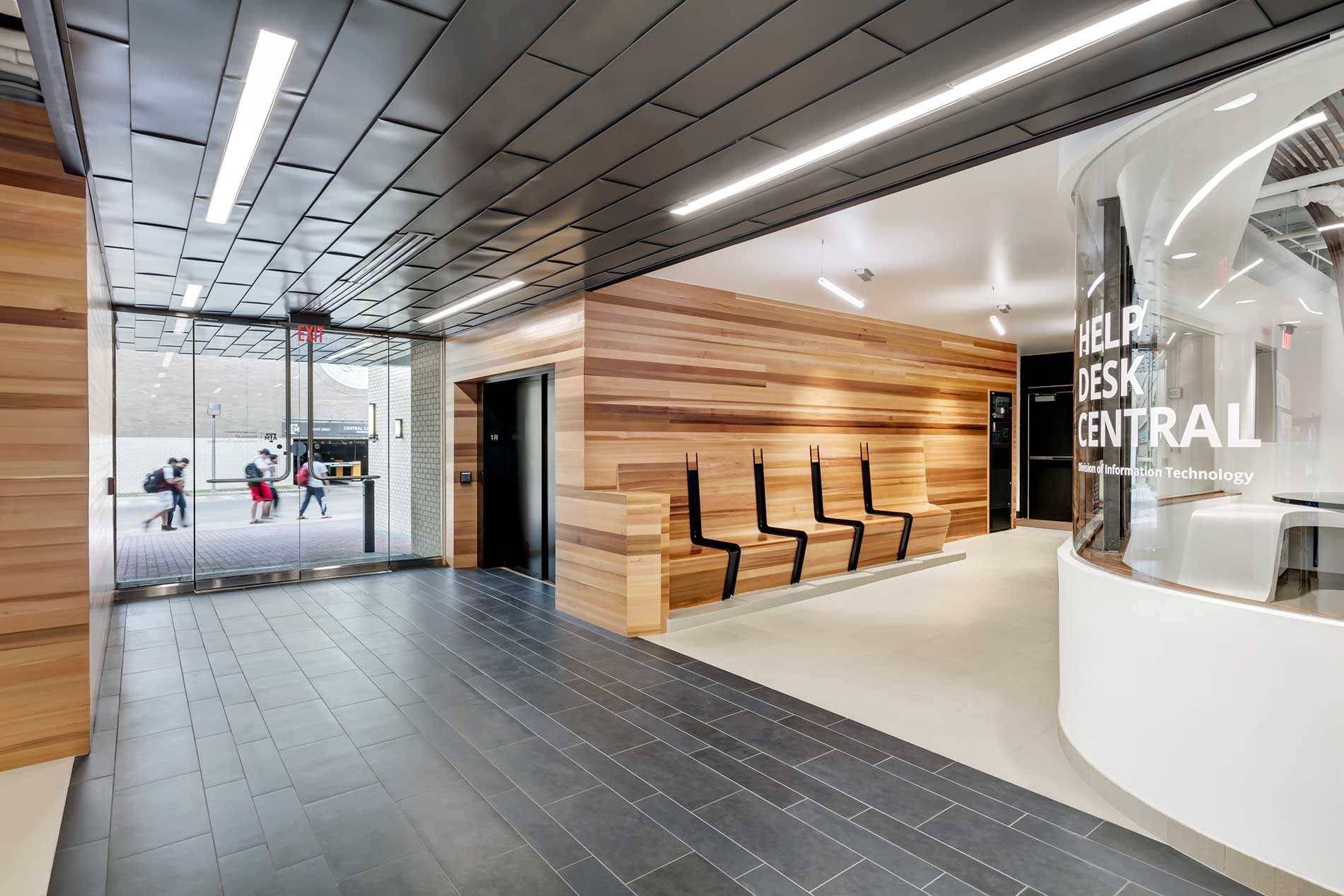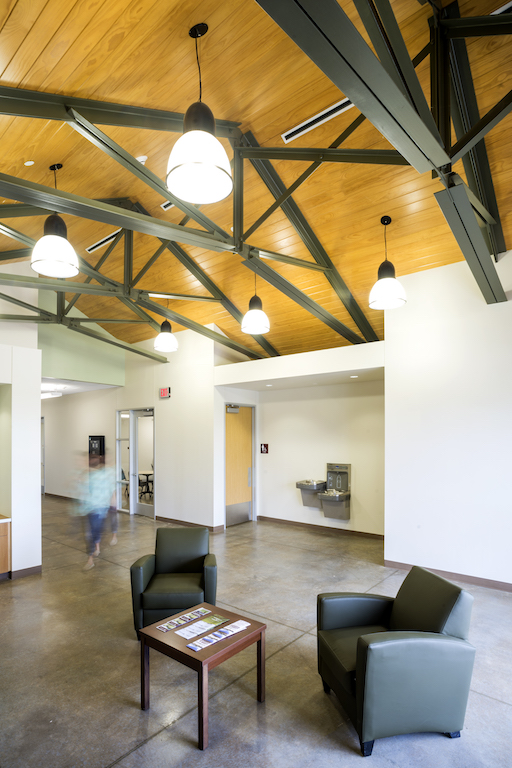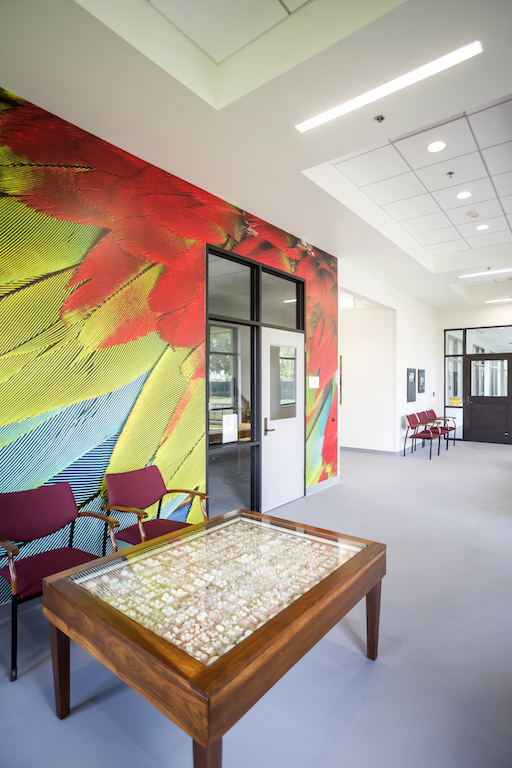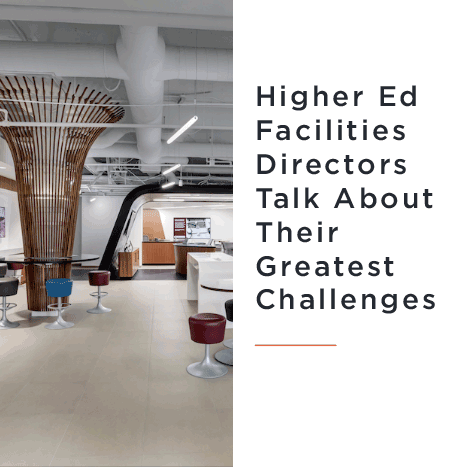Written by Charlie Burris, AIA
We recently conducted a research project with the objective of identifying the top challenges facing Facilities Directors when it comes to planning and building higher education facilities. Architects are natural problem-solvers, and we spend a lot of time educating our clients. Contacting a number of Directors from different colleges and universities gave us a unique opportunity to gain insight into “their” concerns and how we might better provide support. We sought responses from a wide number of Directors from different types of institutions in order to identify overlapping concerns. Consider the following findings which fall into various categories beginning with the owner entities themselves.
- Higher education owners are public entities, thus highly regulated
- Complex policies and requirements result in increased costs
- Dealing with inherent bureaucracy
- General policies, approvals, and process steps are challenging

Regulation includes State standards, codes, and energy-efficiency, all of which affect procurement of services, approvals, construction delivery methodology, and scheduling. This requires finding the right “tools” for the specific projects, something the Users rarely understand. RFQ processes can be complicated including interviews and the selection process.
- User representatives are generally academics whose experiences do not always allow them to understand the steps and time required for the necessary processes
- Users are all very different, most being first- or one-time “clients”
- Users have different expectations than project management
- Obtaining approvals from Users and working with all the parties involved in a project is always challenging
The very nature of Users necessitates an ongoing education process as to what is required for an efficient and successful project outcome. While the facilities people are repeat clients, that is rarely the case with the individual Users.

On a more practical level several issues surfaced repeatedly.
- Obtaining accurate cost estimates before a project is really defined and having governing boards hold to those estimates
- Changes of any kind are always problematic…at any stage and for any reason
- Quality control in general is always a concern
- Doing things in a timely manner is a challenge, especially project startup
- Finding the time to get everything done correctly and at the appropriate time
- Higher prices and continually changing costs in an active construction market
- Limited labor force in trades can be a challenge for general contractors
- Negotiating design fees in such an active market
- The difficulty in choosing from so many qualified and experienced responders
- Selecting the best contractor for a project from such a qualified pool of choices without appearing to limit or be locked in to just a few entities
Tied to many of these concerns is being able to hire and maintain qualified staff with the right experience and a willingness to go to work for a public university in competition with the private sector. Qualified job superintendents who know what a quality project outcome looks like are a necessity, and the best ones are those who have come up through the ranks learning by doing rather than having just come out of school with limited experience.
Conclusions:
Managers, users, and design consultants have shared concerns. A primary need appears to be clear educational information to use in informing Users at the onset of a project. There is a great need to better understand the overall processes involved in successful project outcomes.
Facilities Directors at a variety of institutions, both large and small, share many similar concerns. Recognizing this commonality may help people in these positions to feel more confident about the challenges they face and to find ways of sharing information that could help each be more successful in their roles.



